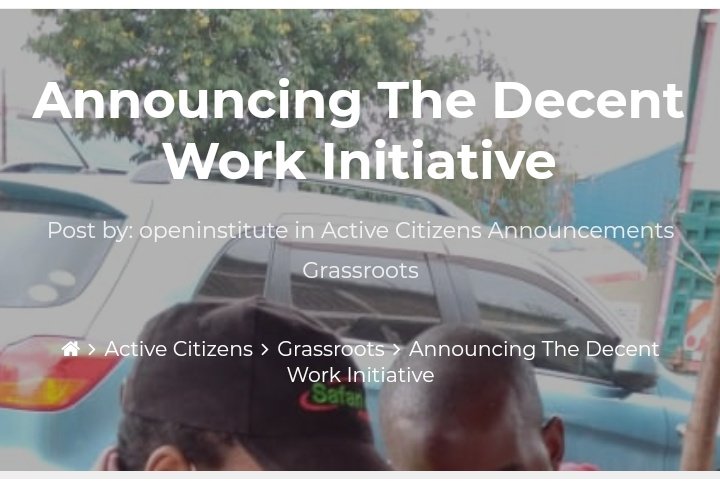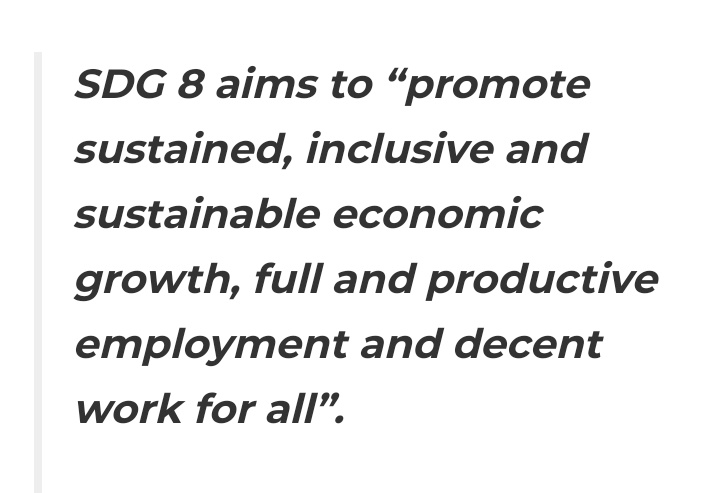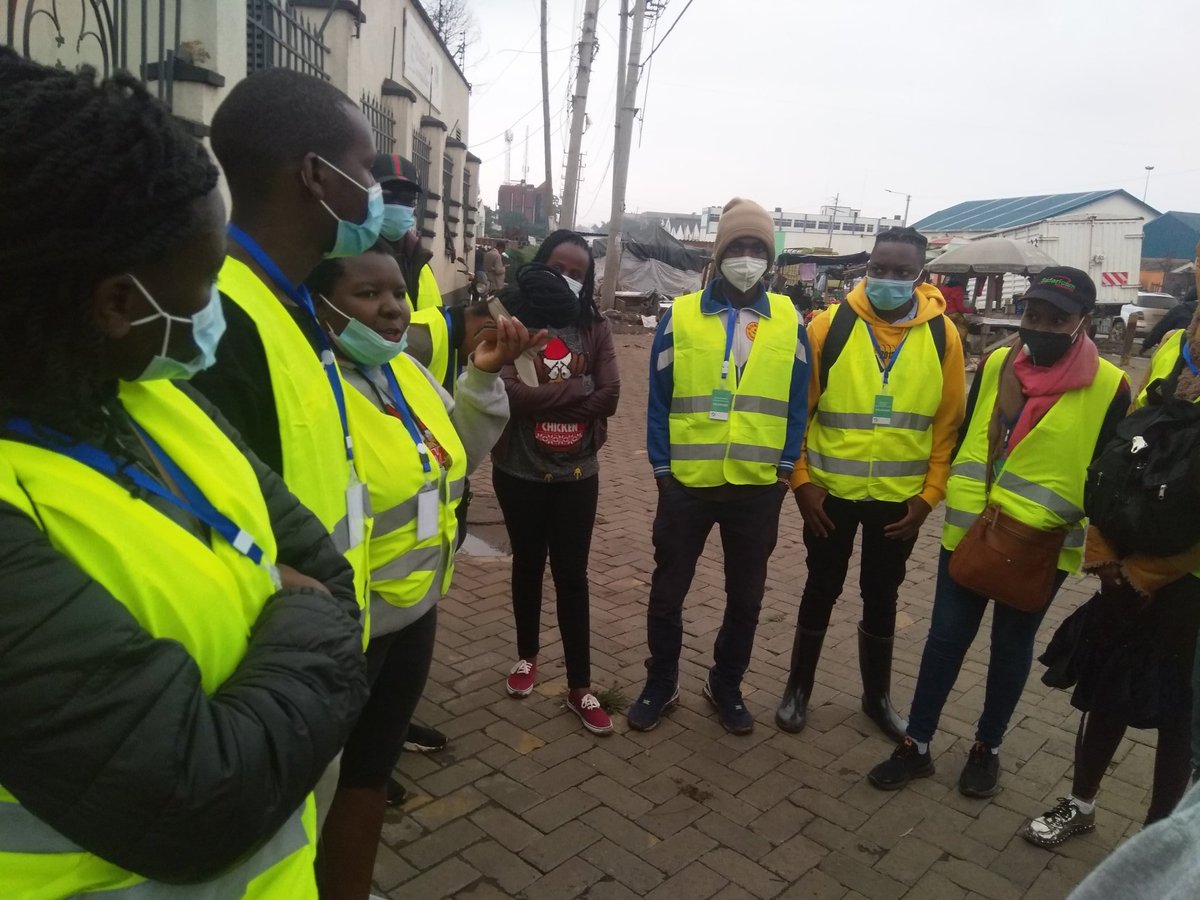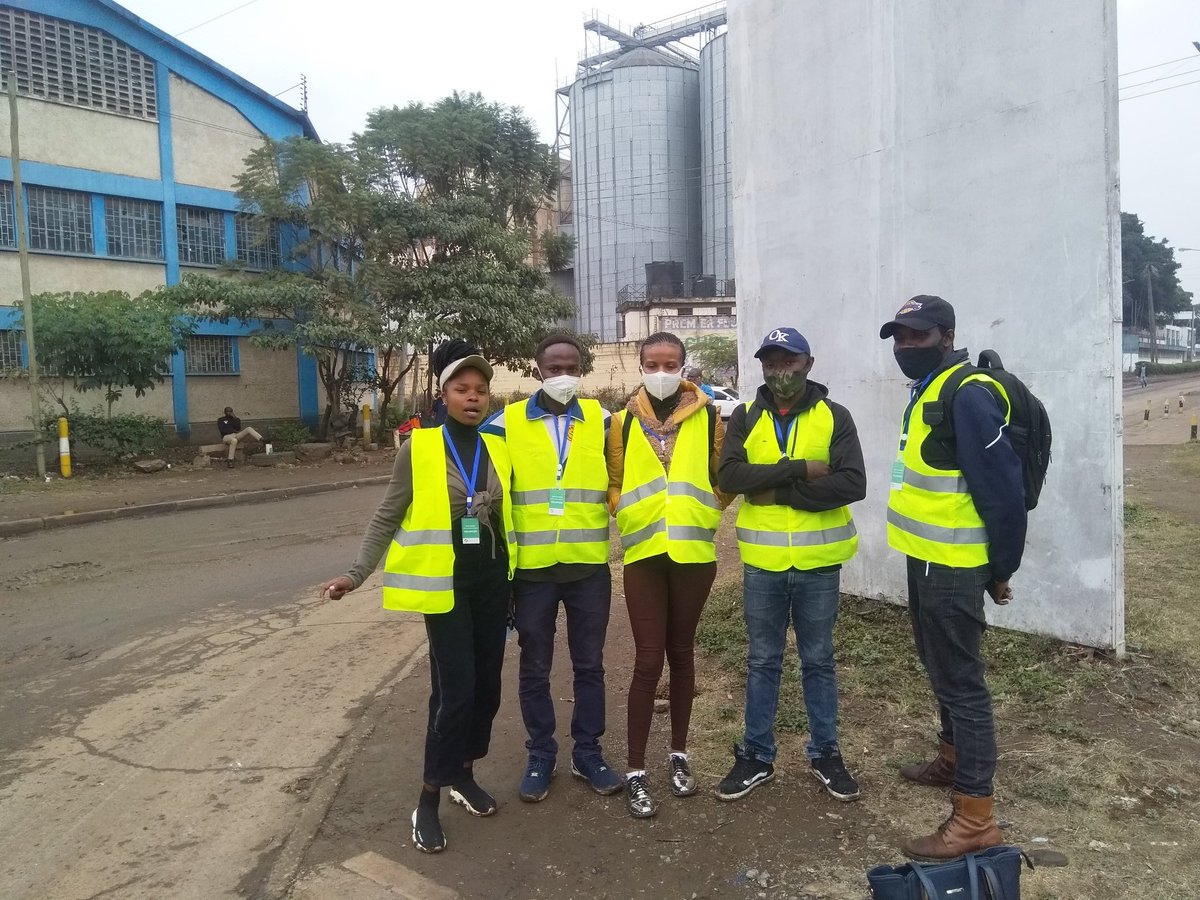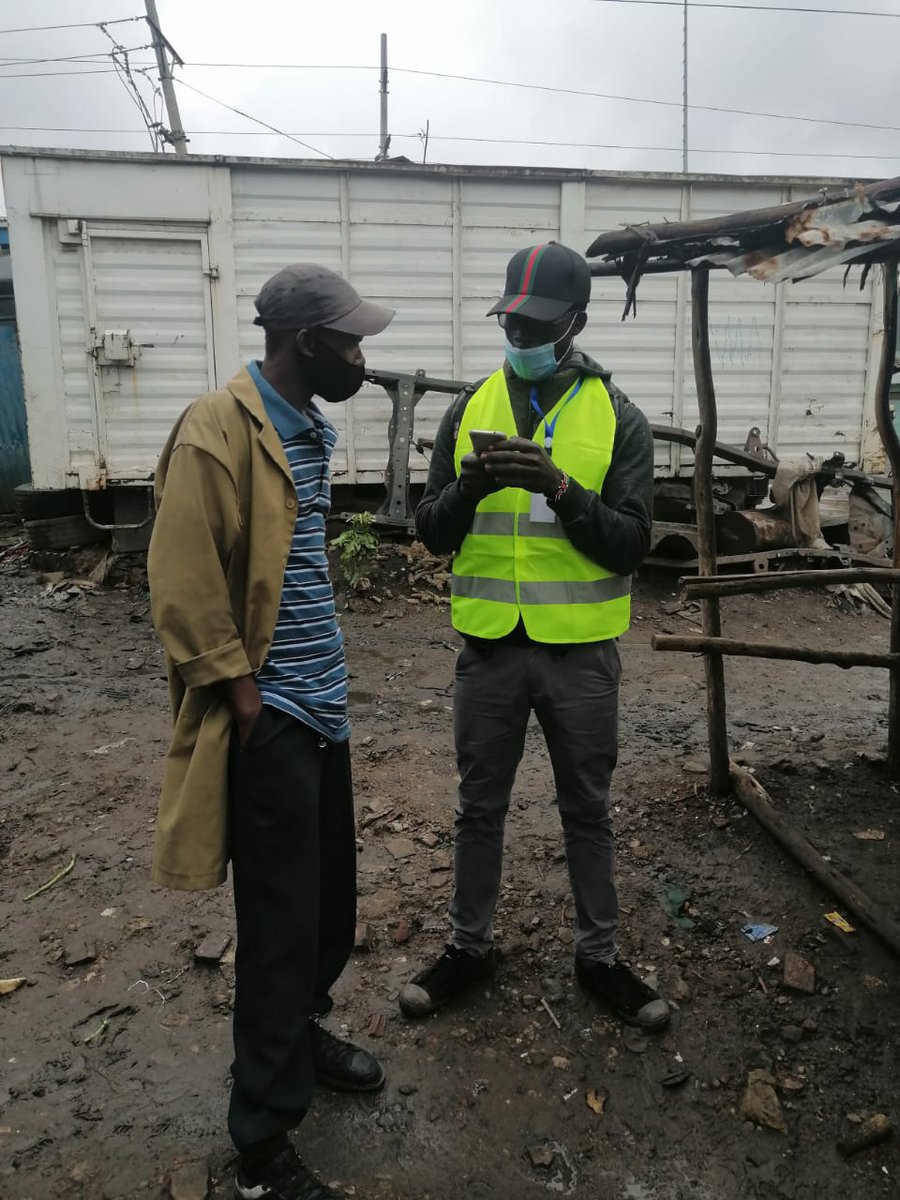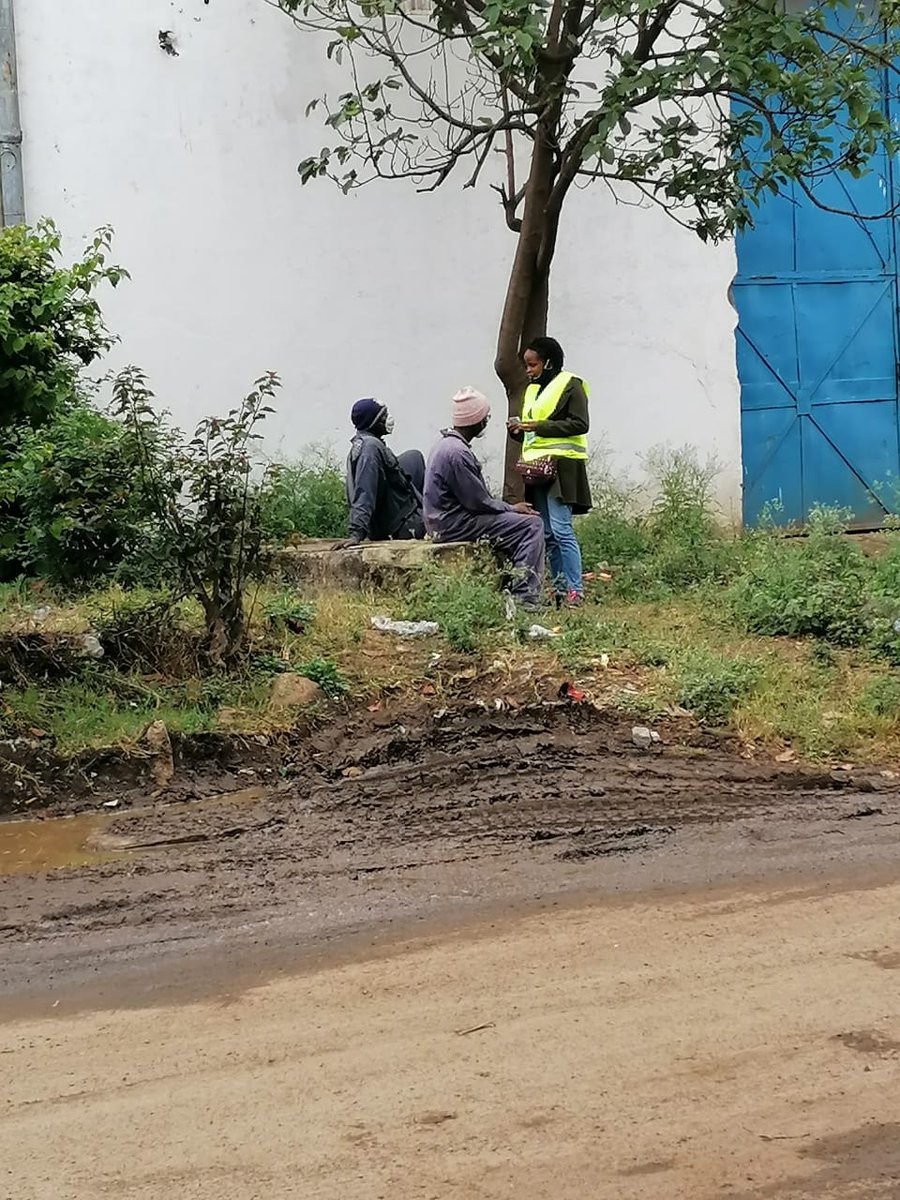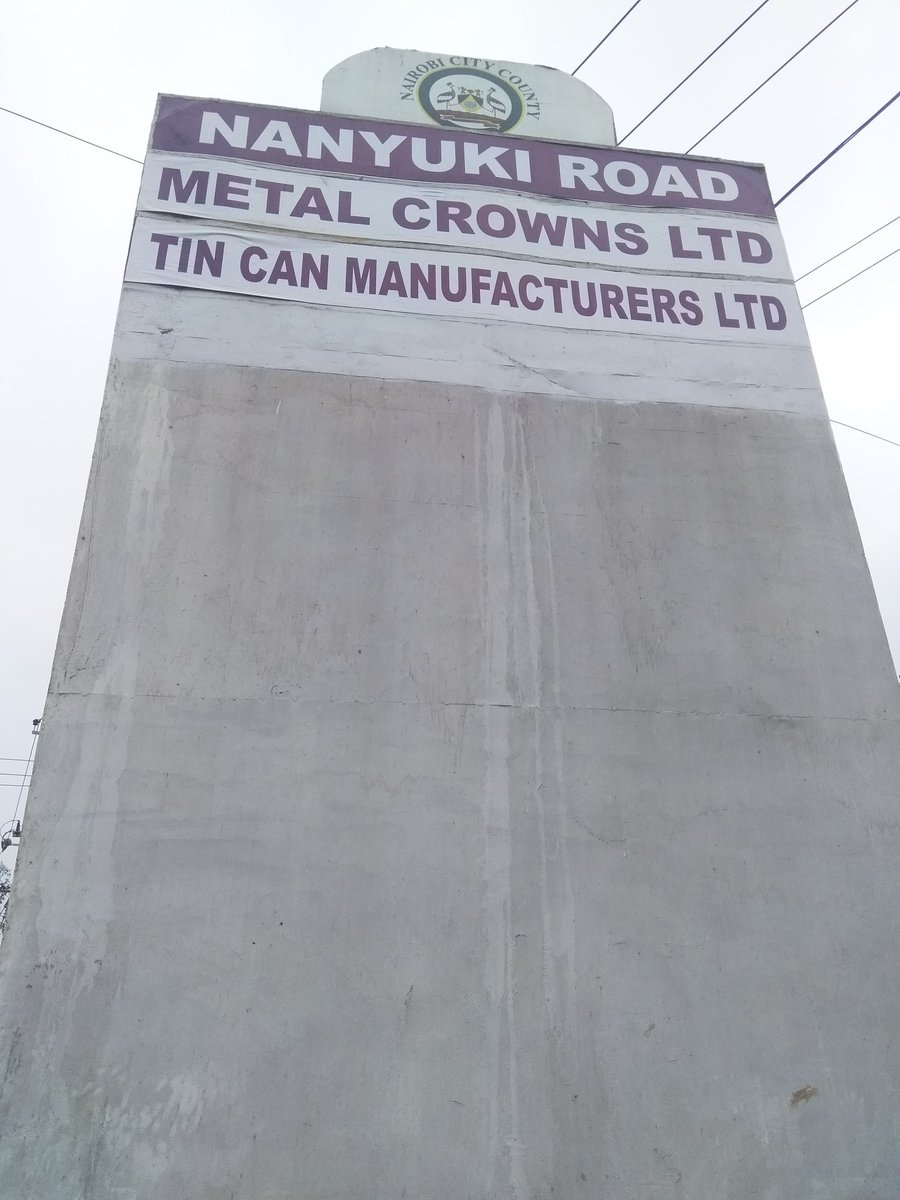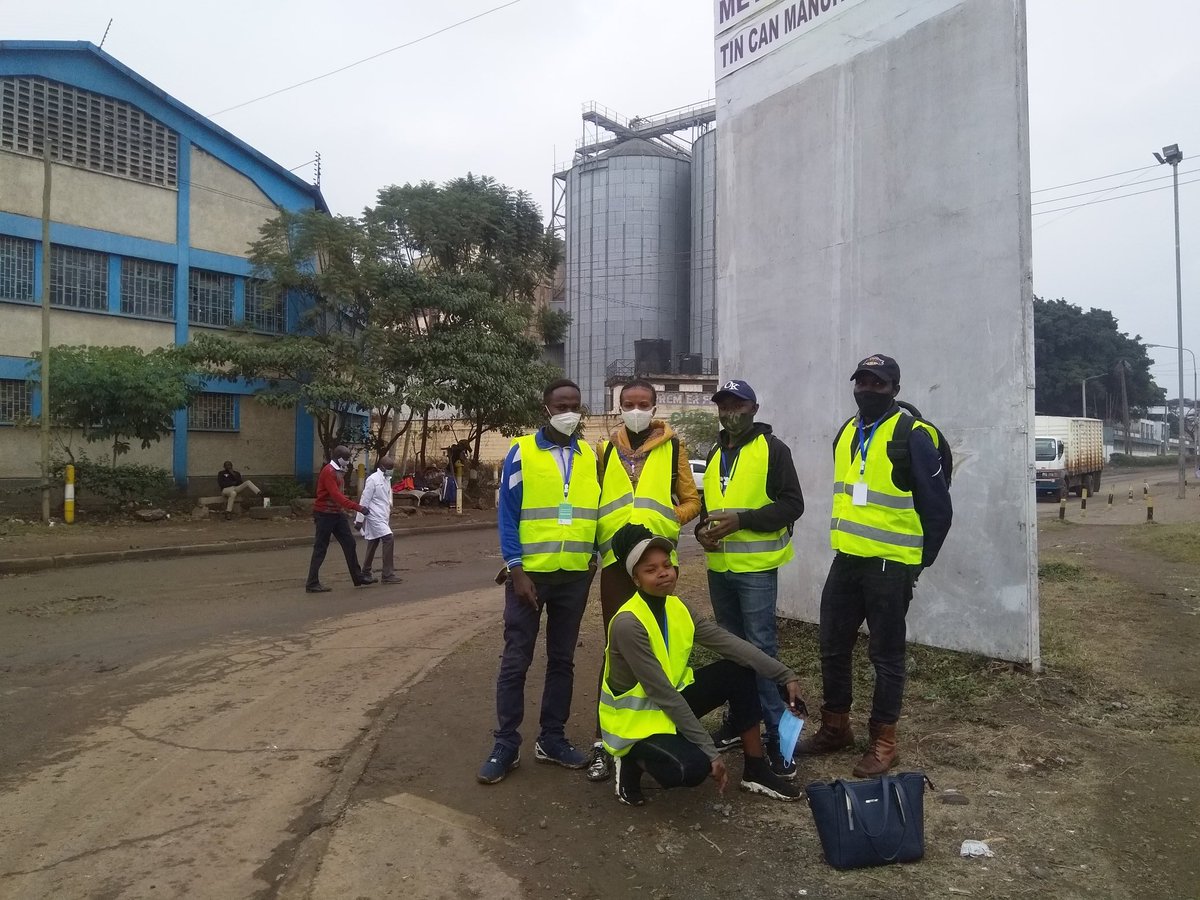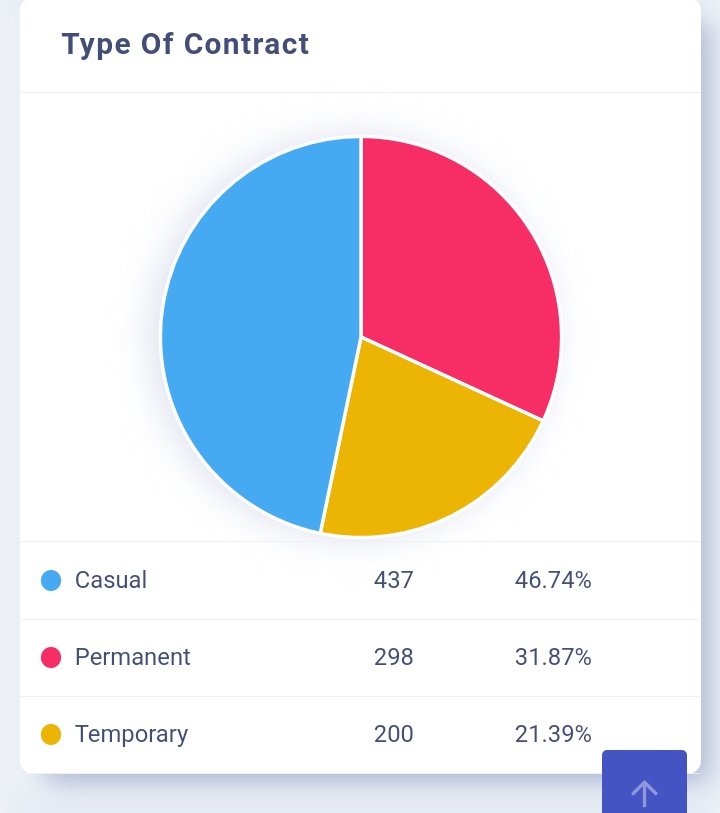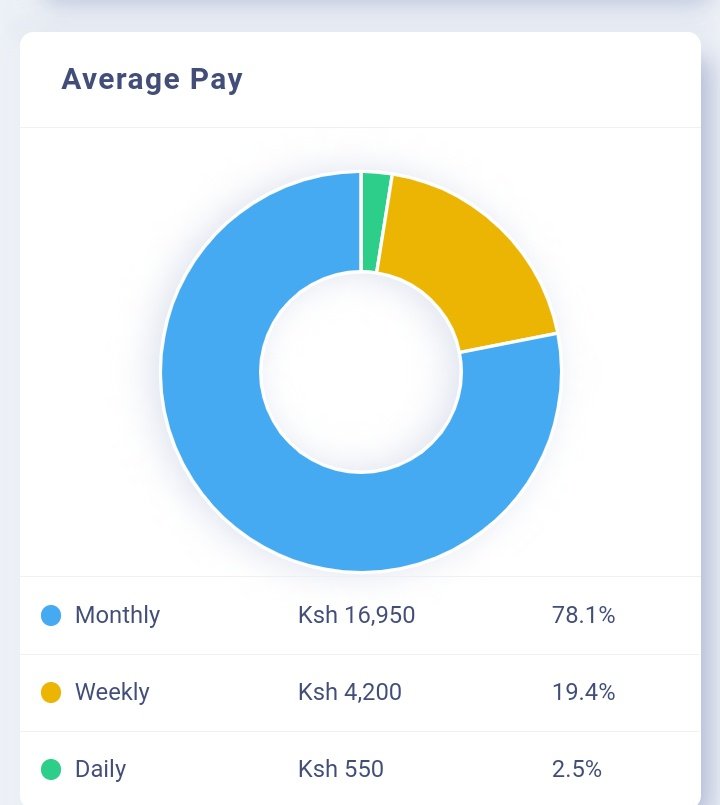For the past two weeks I& #39;ve been posting with the hashtag #DecentWorkInitiative and it& #39;s about time I explained what it is all about.
Impetus: About a month ago, on 10th of August I posted a thread that went viral and caught attention of many Kenyans. Many people sent me messages of encouragement, mpesas  https://abs.twimg.com/emoji/v2/... draggable="false" alt="😅" title="Lächelndes Gesicht mit offenem Mund und Angstschweiß" aria-label="Emoji: Lächelndes Gesicht mit offenem Mund und Angstschweiß">, links to opportunities, follow back requests, and many more. @alkags sent me a different message tho ..
https://abs.twimg.com/emoji/v2/... draggable="false" alt="😅" title="Lächelndes Gesicht mit offenem Mund und Angstschweiß" aria-label="Emoji: Lächelndes Gesicht mit offenem Mund und Angstschweiß">, links to opportunities, follow back requests, and many more. @alkags sent me a different message tho ..
He asked a question no one asked "What are you going to do about it?"... This followed a discussion for about a week on coming up with a plan to make a difference. My story was one and we wanted to cover other stories and show everyone what really happening in this country.
That gave birth to #DecentWork Initiative that we intended to undertake as a collaboration of citizens and @Open_Institute. This initiative is based on Sustainable Development Goal number 8 which is Decent Work and Economic Growth. #SGDs #SDG8
Goal: #DecentWork Initiative goal was to acquire primary data and using this data we can highlight the plight of workers in Industries that nobody talks about. This citizen& #39;s data gives us power to confront and push for changes by the policy makers and all stakeholders...
in the manufacturing sector. This includes @Kenya_COTU @FKEKenya @LabourSPKE @CsChelugui I invite them to review the data and see what really happens "kwa ground".
After a lot of consulting with @Open_Institute and @alkags we decided to collect data in Industrial Area and try to cover as much ground as possible. For the past two weeks I can say I have walked to every corner of industrial area.
I picked 20 volunteers, wonderful people who are recent graduates and senior university graduates. They were more suited for this work because they themselves have gone through the struggles either in internships or employment. They gave 150% on this initiative.
On 7th September DAY 1, together with @Open_Institute we started the data collection exercise from Enterprise Road-Mombasa Road Junction all the way up to Likoni Road - Enterprise Road Junction. Despite the bad weather, the volunteers gave theri all and I was impressed by their..
determination to make sure this project was a success. The interview covered the questions regarding employee welfare, pay and contractual terms and job security.
Day 2 we covered Lunga Lunga Area from Likoni Road Junction( House of Manji) all the way down which includes Nanyuki Road and other tributary roads. This is where most of the workers in Industrial Area work, the area is densely populated with a lot of factories in this area.
Day 3 was the final day, we covered Enterprise Road from Likoni Junction up to Lusaka Road and Commercial Street.. this includes all the branching roads which include Kampala Road, Addis Ababa Road, Busia Road, Changamwe Road, Dar-es-salaam Road, Gil Gil Road and many more...
We got a chance to talk to over a 1000 people and got 963 interviews that we recorded. These are a thousand stories that we were lucky enough to hear first hand. Some if the workers were very skeptical about talking to us and that also tells you a different story
Most of the stories were very heartbreaking and emotional and listening to them just negates all your problems you think you have. You meet an old man old enough to be your grandfather and he tells you he has been working as a casual worker for over 20 years being paid on a...
daily basis. No insurance no pension, his PPEs are torn and he doesn& #39;t look like he& #39;s in good health.
Another one is that a worker has been working as a casual worker in the same company for 10years being paid Ksh500 a day which varies sometimes & these also depends on targets
Another one is that a worker has been working as a casual worker in the same company for 10years being paid Ksh500 a day which varies sometimes & these also depends on targets
From the data, almost 50% of the workers are casual workers which means they don& #39;t have access to the company& #39;s health cover, they have no job security, no pension and can& #39;t join a union. Some of these workers wake up every day and go outside companies hoping to get some work...
For these other temporary and permanent workers, the companies found a loophole called Employment Agencies where they use the agencies to contract workers. The liability lies on the agency & the worker. The workers find themselves without any power in the companies they work in.
when they get the job, they don& #39;t care about how much they get paid. They are grateful just to get something which leads to exploitation by the employers. They have absolutely no bargaining power whatsoever, they just want to survive and live to see another day.
From the data, the monthly average pay is Ksh. 16,950. Just imagine living in Nairobi, you have to pay rent, power bills and school fees. There& #39;s a case where a security guard is being paid Ksh. 6000 and he works from 5.30am to 6pm without any breaks. Just picture that..
From the interviews and the story, you can feel the fear in every story. The fear of losing a job, the fear of how that information might impact their job. Most of them depend solely on these jobs and that& #39;s why they& #39;re stuck there for decades without a way out....
The fear of their employers is so evident and something you can& #39;t ignore. This shows the oppression and the power these employers bear. These workers don& #39;t have a voice, they have zero power. They& #39;re not empowered and informed. To some of them, what they go through is better...
than lacking a job and that& #39;s why some of them are so okay with it. They don& #39;t know any better and don& #39;t see how inhumane some of the working conditions are. Most of them have no idea of what& #39;s wrong or what& #39;s right. That& #39;s why they work without PPEs and endangering their lives.
Those who know their rights don& #39;t have faith in Ministry of Labour @LabourSPKE and @Kenya_COTU. They don& #39;t believe they can push for any change and relying on them to be their saviours is waste of time.
The other issue that is evident is the gender imbalance in these industries. The industry is male dominated with 95% of the respondents being male which is a big number considering in Nairobi County the female population is just above 50%. This is mainly....
dues to the nature of the work that leads to gender discrimination in the recruitment. This means women are denied these opportunities and the ones that get the jobs are subjected to sexism, gender-based discrimination and sexual harassment.
SDG 8 is all about Decent Work and Economic Growth especially in the Manufacturing sector which is part if the #Big4Agenda and if we were to achieve this, change is inevitable. The policies put in place to protect workers must be enforced and made sustainable.
The organisations that claim to protect workers rights and welfare should be on the front foot of this initiative and do as they& #39;re mandated to do. The guys on the ground are going through things, unfortunately data can& #39;t show the emotions and frustrations.
I therefore invite @LabourSPKE @Kenya_COTU @KAM_kenya @FKEKenya @maina_betty @PeterKTum1 @CsChelugui @AtwoliDza review the #DecentWorkInitiative data and take the required actions. We want to see changes in this sector.
Finally I would like to thank @Open_Institute family and @alkags It has been an honour working with them and I believe this is just the start of something big. Everyone should check out http://openinstitute.com"> http://openinstitute.com and see the amazing stuff they& #39;re doing.

 Read on Twitter
Read on Twitter